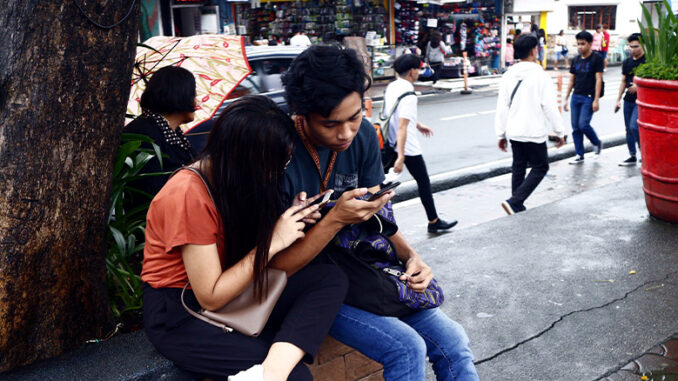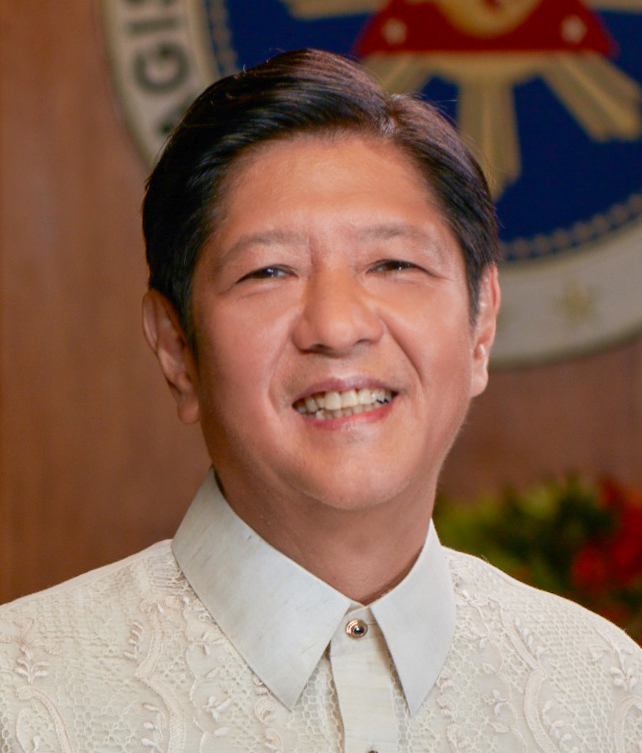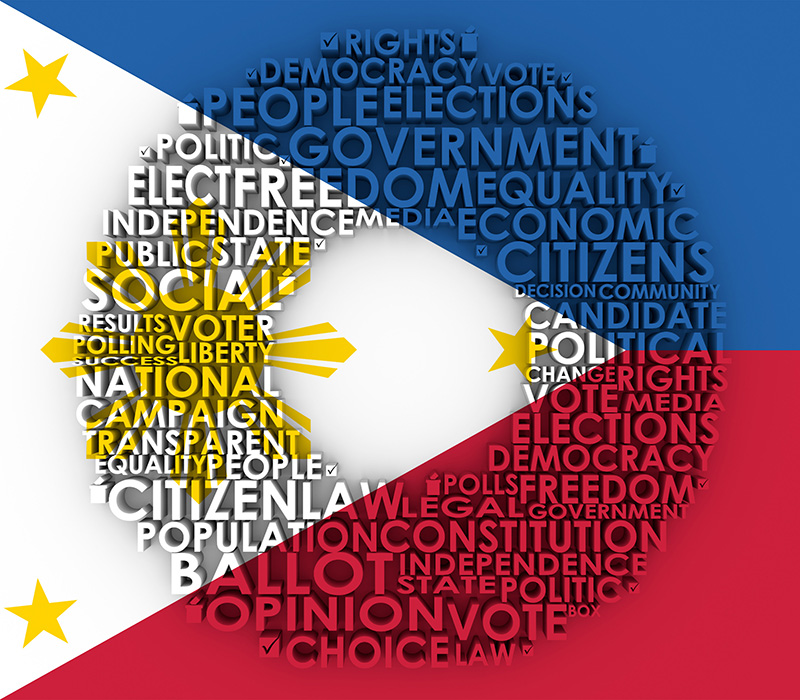
The Philippines is known as a country that supports political dynasties, and powerful clans have played a major role in the country’s politics for decades. But in the last week of June, Vice President Sara Duterte made an announcement that rocked the nation as her family appears to be gearing up to take political dynasties to the next level. On June 28, the vice president confirmed that her father, Former President Rodrigo Duterte, and her brothers, Davao First District Rep. Paolo Duterte and Davao City Mayor Sebastian Duterte, will all run for senator in the 2025 elections.
Social media is all abuzz with news of this development, with those supporting the Duterte camp ecstatic at the possibility of having all three Dutertes in the Senate. However, those who are staunchly against this have been equally loud on Twitter and Facebook, calling the country’s political system a joke. As one of the most influential political families in the country have benefited from the results of a well-executed social media strategy in the last presidential elections, Filipinos can expect that the Internet will once again turn into an all-out war zone in the coming months. But can social media bring about the downfall of political dynasties, or will it take them to new heights? Here’s what you need to know about the influence of social media on political dynasties in the Philippines.
Social Media Brought the Marcoses Back to Power
For two decades, Filipinos had to submit to the rules of Ferdinand Marcos’ regime as the former president enforced Martial Law. Historians attest that his dictatorship resulted in over 3,000 extrajudicial killings and more than 30,000 tortures, apart from other human rights violations. The Marcoses also infamously stole $5 to $10 billion from the Central Bank of the Philippines as stated in the documents provided by the Presidential Commission on Good Government.

After the assassination of opposition leader Benigno Aquino Jr., Marcos was blamed for his death. The family immediately fell from grace as Aquino’s supporters joined hands to support his widow, Corazon Aquino, during the People Power Revolution of 1986. Mrs. Aquino became the new President of the Philippines, while the Marcoses were exiled in Hawaii. In 1989, the matriarch, Imelda, as well as Marcos’ children were allowed to return to the country, and from there, they started planning their political comeback. Their return to politics started with Imelda winning a congressional seat in 1995, while her children, Ferdinand “Bongbong” Marcos Jr. and Imee Marcos, won positions in local government.
After Bongbong was elected as a senator in the 2010 elections, it was only a matter of time before he decided to run in the presidential elections. In 2022, Bongbong was up against nine other presidential candidates, the most notable being Leni Robredo, who was the Vice President at that time. It was reported that social media campaigns to discredit Robredo, a strong disinformation campaign, and online efforts to revise history contributed to Bongbong’s win, putting the Marcoses firmly back in power. That election year was one of the most divisive times in Philippine history, as it resulted in the falling out of families, the shut down of a major TV network, and increased hostility in social media platforms.

Political Dynasties and Their Hold on Social Media
Political analysts are saying that the Philippines is where it is right now because certain politicians have turned public office into family businesses. With everyone complaining about the ever-increasing prices of commodities, lack of jobs, and non-stop graft and corruption for so many years now, many would think that Filipinos should have had enough of political families by this time. However, with politicians becoming social media savvy in recent years, it’s likely that more political dynasties will rise in the future. With the majority of Filipinos perpetually online, it’s likely that political clans will take to the Internet to gather support for their family members who are vying for a place in politics.
Other than the Dutertes, political analyst Edmund Tayao predicts that there will be more families running together in the upcoming senate elections. Siblings Pia and Alan Cayetano currently have seats in the senate, and so do Cynthia Villar and her son Mark. They are all projected to run for reelection in 2025. Meanwhile, 3 members of the Tulfo family, which has four members in congress, are also said to run in the senate elections. Their bid for a senate seat will be confirmed upon the filing of Certificates of Candidacy in October.
Countering Political Misinformation on Social Media
Certain influencers have found ways to spread disinformation on social media as a way to promote some political families, but anti-disinformation advocates have also taken to TikTok and Facebook to fight political misinformation. Genealogist Mona Magno-Veluz is one such TikTok personality who is actively battling historical and political misinformation. There’s also the local civic society organization Break the Fake movement, which regularly holds seminars to train influencers to fact-check their sources.
AI tools have also been used by fact-checking initiatives such as FactsFirstPH to fight disinformation. Meanwhile, to inform the youth about election-related information, nonprofit corporation Pinas Forward created the E-Boto website, which contains background information for all national candidates, presented in a Gen Z-friendly, TikTok style.
Can Social Media Eradicate Political Dynasties in the Philippines?
Social media has made it easier to access information, but it has also created opportunities to spread disinformation and propaganda techniques to sway the results of elections. Knowing how to distinguish facts from lies, and putting a stop to historical revisionism can protect Filipinos from repeating past mistakes. Fact-checking information, hearing the opinions of a diverse group of people, and educating the public about the dangers of disinformation, fear mongering, hate speech, and cyberbullying may all help to boost the nation’s media literacy and prevent political families from dominating in the upcoming elections.
But as long as Filipinos keep voting for candidates who share the same beliefs and principles as their family members who are in power, no amount of protests on Facebook or Twitter can change the country’s political landscape. As proven by the current administration, social media will continue to be a valuable tool for political dynasties jockeying for power. After all, it helped a once shunned family to regain their place in politics, so no one should be surprised if it enables multiple family members – even those who are blatantly unqualified – to be elected into public office.
Nina Sumsy
Nina Sumsy is a freelance writer with a background in journalism
Banner: Antipolo City, Philippines. Filipino teenagers use their smartphone while resting. Photo: junpinzon, Shutterstock

